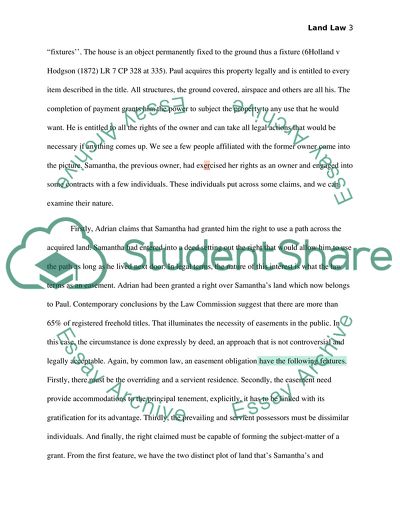Cite this document
(Nature of the Interests Claimed on Pauls Acquired Property and Why Case Study - 9, n.d.)
Nature of the Interests Claimed on Pauls Acquired Property and Why Case Study - 9. https://studentshare.org/law/1848571-land-law
Nature of the Interests Claimed on Pauls Acquired Property and Why Case Study - 9. https://studentshare.org/law/1848571-land-law
(Nature of the Interests Claimed on Pauls Acquired Property and Why Case Study - 9)
Nature of the Interests Claimed on Pauls Acquired Property and Why Case Study - 9. https://studentshare.org/law/1848571-land-law.
Nature of the Interests Claimed on Pauls Acquired Property and Why Case Study - 9. https://studentshare.org/law/1848571-land-law.
“Nature of the Interests Claimed on Pauls Acquired Property and Why Case Study - 9”. https://studentshare.org/law/1848571-land-law.


